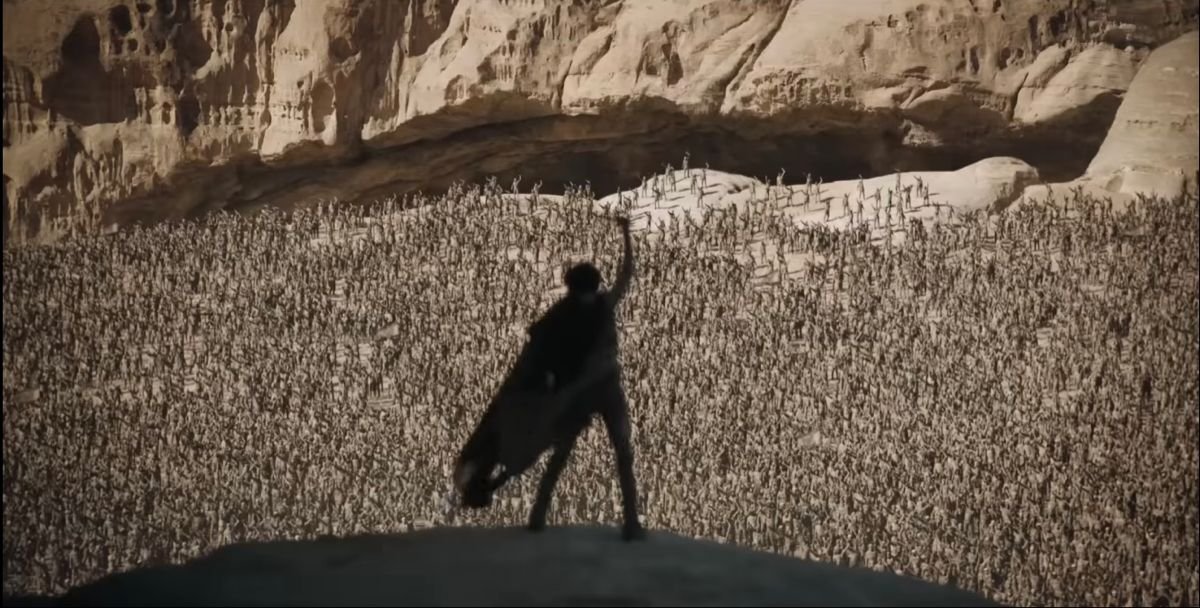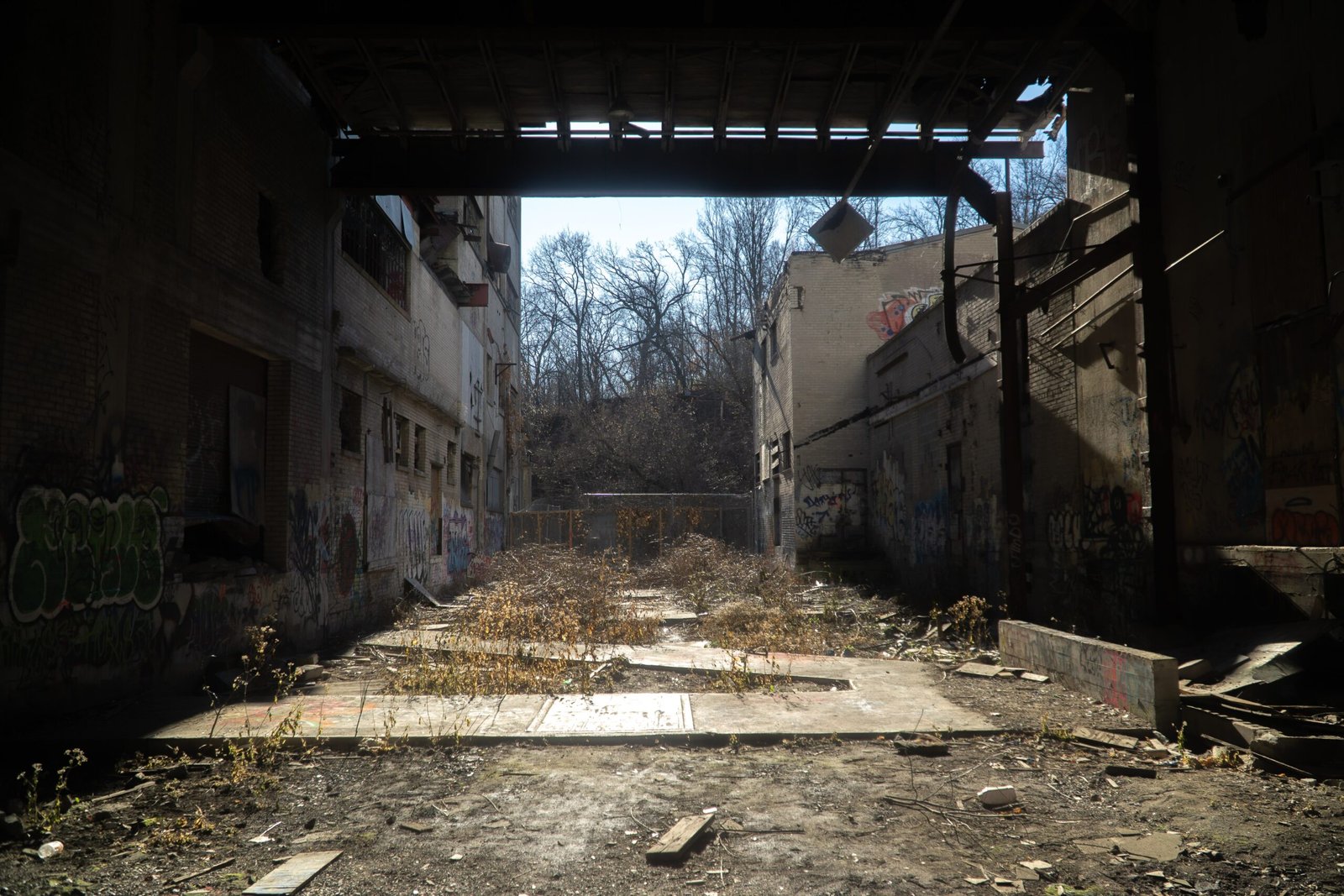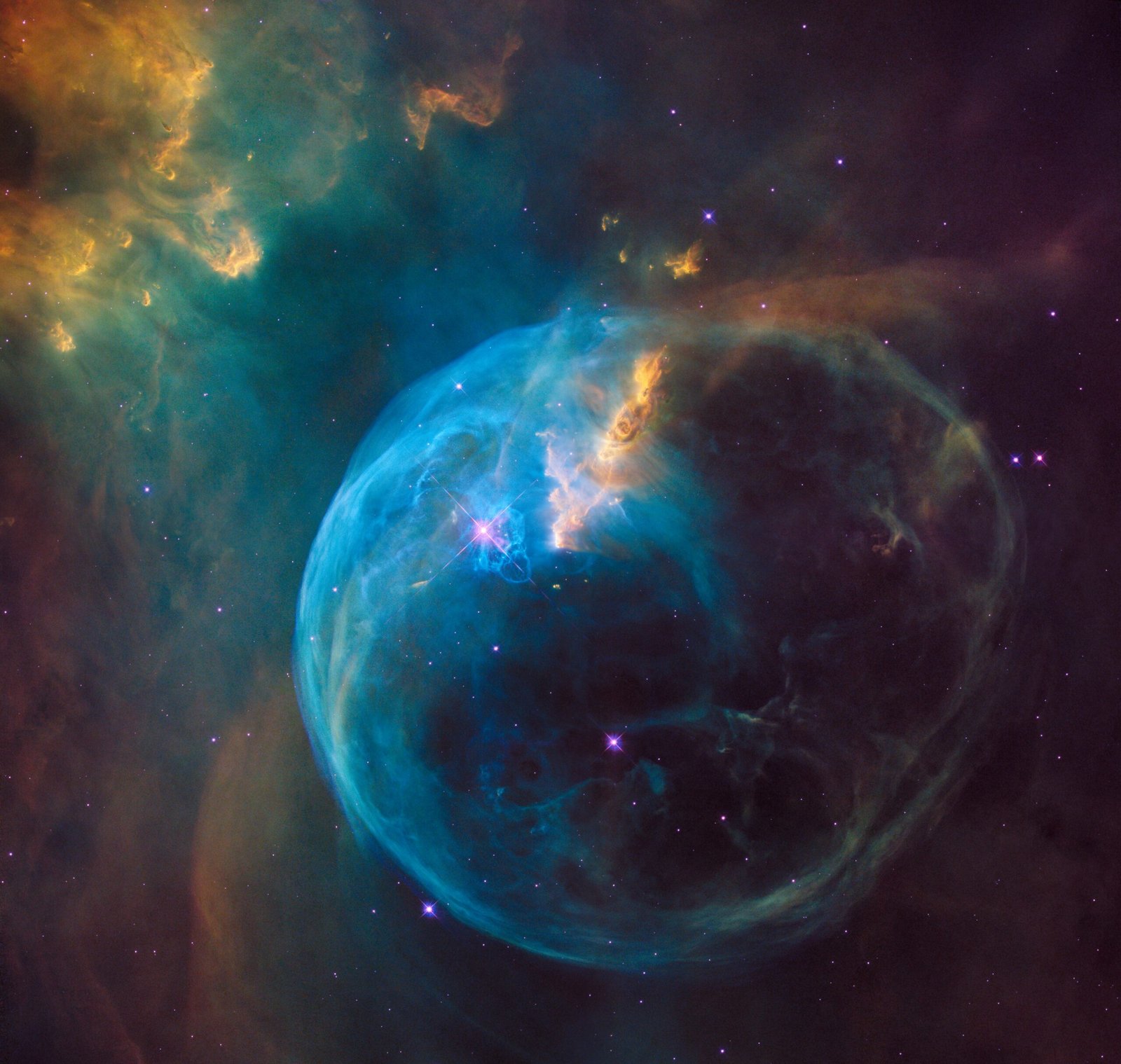It’s been a few weeks since Dune: Part Two – a continuation of 2021’s Dune – was released to global audiences. It is fair to say that the new movie has been a commercial success, already making over $500 million worldwide. Yet, the attention the film has captured is even more significant because of the complex themes it addresses in its 167-minute runtime. In unravelling topics around economics, ecology, and religion, the Dune films have followed the lofty ambitions set by Frank Herbert’s 1965 novel of the same name. In doing so, it has left viewers with a lot to unpack surrounding issues of politics and power.
The ambition of Dune cannot be understated. We are invited to an otherworldly setting, where the world feels much bigger than any character within it. It is not an easy thing to achieve narratively – a lot of stories can fall flat because they rely too much on a single character steering the plot. In Dune, the plot has multiple threads and multiple conflicts that pull the story from one direction to the next. In a way, it mirrors the messiness of our world and society at large. In the real world, our lives are constantly influenced by external factors. From choosing to study a particular subject because of someone who inspired you, to choosing to relocate for more job opportunities, our next steps in life are not always easy to predict because they are also shaped by our environments. Dune captures this point – characters are interdependent, they are not completely independent.
Politics takes centre stage in Dune to give the storyline complexity. Set far in the future, the Dune universe is driven by a feudal system where power is concentrated in the hands of a small group of royal houses. Given the futuristic setting, the feudal system feels like an interesting choice. It may imply the backsliding of all the political progress humanity made before to move past mediaeval ways of living.
Each royal house is given the right to control at least one planet and its resources, under a colonial empire known as the Imperium. This political backdrop sets the tone for a central plot point around the power struggle between two great houses – House Atreides and House Harkonnen. Caught in the middle of this rivalry is the desert planet Arrakis – a prized asset because it is the only known planet to have the spice melange, an invaluable resource for interstellar space travel. Essentially, melange is of similar value to Dune’s galactic economy as oil is to our global economy. However, the greater point is that this feud over such a prized resource does not only have ramifications for the status of these two royal houses. Their conflict directly harms the Fremen natives of Arrakis. In fact, it is the mission of these houses to make sure all of Arrakis remains a desert to extract as much melange as possible. Preventing the ecology of Arrakis from evolving leads to the oppression of Fremen lives, with their lands appropriated all in the name of colonial enterprise.

Across both Dune films we see two sides to the power of oppressors. In Dune: Part One, House Harkonnen is portrayed as irredeemably self-serving, with the obese Baron Vladimir Harkonnen being symbolic of the house’s gluttony. Even worse, House Harkonnen are described as “brutal” rulers, controlling Arrakis through military might and the threat of violence. Dune: Part Two, deals with a much more subtle side of wielding power. By this point in the story, Paul Atriedes represents the last hope for his house after the demise of his father and many allies in the prequel. Paul and his mother Jessica take refuge in Arrakis and live alongside Fremen, initially seeming to support their right to liberate their planet from all oppressors, which would also deny House Atreides any colonial rights. Yet, as the film unfolds, Paul increasingly appropriates the Fremen culture to pursue his own motivations for retrieving power and attributing revenge against the enemies of his house.
Paul cultivates himself as a spiritual leader destined to liberate all Fremens. He achieves this by becoming a charismatic leader that Fremen people can relate to and resonate with. Paul emerges as an authoritative figure who, while foreign, quickly learns the language, customs, and practices within Fremen culture. All of this works to make the Fremen willingly side with Paul’s will. This detail highlights that domination can rule both through force, as demonstrated by House Harkonnen, and through consent. Domination through consent, as Dune: Part Two presents, feels much more insidious and is ultimately an exercise of manipulation. It also feels like a warning to viewers – it can be very easy to get lost in the words of charismatic speakers. With political leaders more specifically, the call to action must be to try to cut through their rhetoric to understand their true intentions.
Dune: Part Two contends with several binaries that go hand in hand. The distinction between the wealthy and poor is directly linked to the strong and weak, as well as the free and the unfree. On a basic level, this tells us what we already know – the powerful are the wealthy because they have the means to do almost whatever they want. But there is an important nuance that means the film is not so reductive in exploring the theme of freedom. As in the novel, the story addresses the role of the Bene Gesserit – a secret order that functions like a puppet master, orchestrating and deciding who becomes the faces of the empire and its royal houses. Their existence throws a spanner in the works and implies that those with power are wealthy and only appear to have agency. In this sense, the film grapples with a much larger question around where power is hidden and how secret, vested interests can maintain the status quo. In our society, think closed establishment groups, that include the likes of politicians and journalists, who use their power and privilege to steer society in their favour.

However, there is still more to be desired from Dune: Part Two. While it explores some nuances of freedom, its portrayal of Fremen says little about the agency of oppressed people. Apart from Paul’s love interest, Chani, no other Fremen character truly feels like an individual with their own thoughts and ideas. While this may be part of the point in showing how dangerous manipulation and the power of coercion is, it misses the myriad of ways in which people can still show resistance against their oppressors. On the whole, the film makes the Fremen appear to be uniform as a group when any identity group will, in reality, be more diverse based on individual personalities.
The biggest success of Dune: Part Two is how it has animated global discussion around its cinematography, acting, and complex themes.While it does not perfectly manage all of its dense subject matter, it is an adaptation that is provocative in how it deals with a protagonist that ultimately represents an anti-hero. Through Paul Atreides, we are shown as viewers that there is more to power than meets the eye.






Great read, glad it wasn’t as long as the movie!